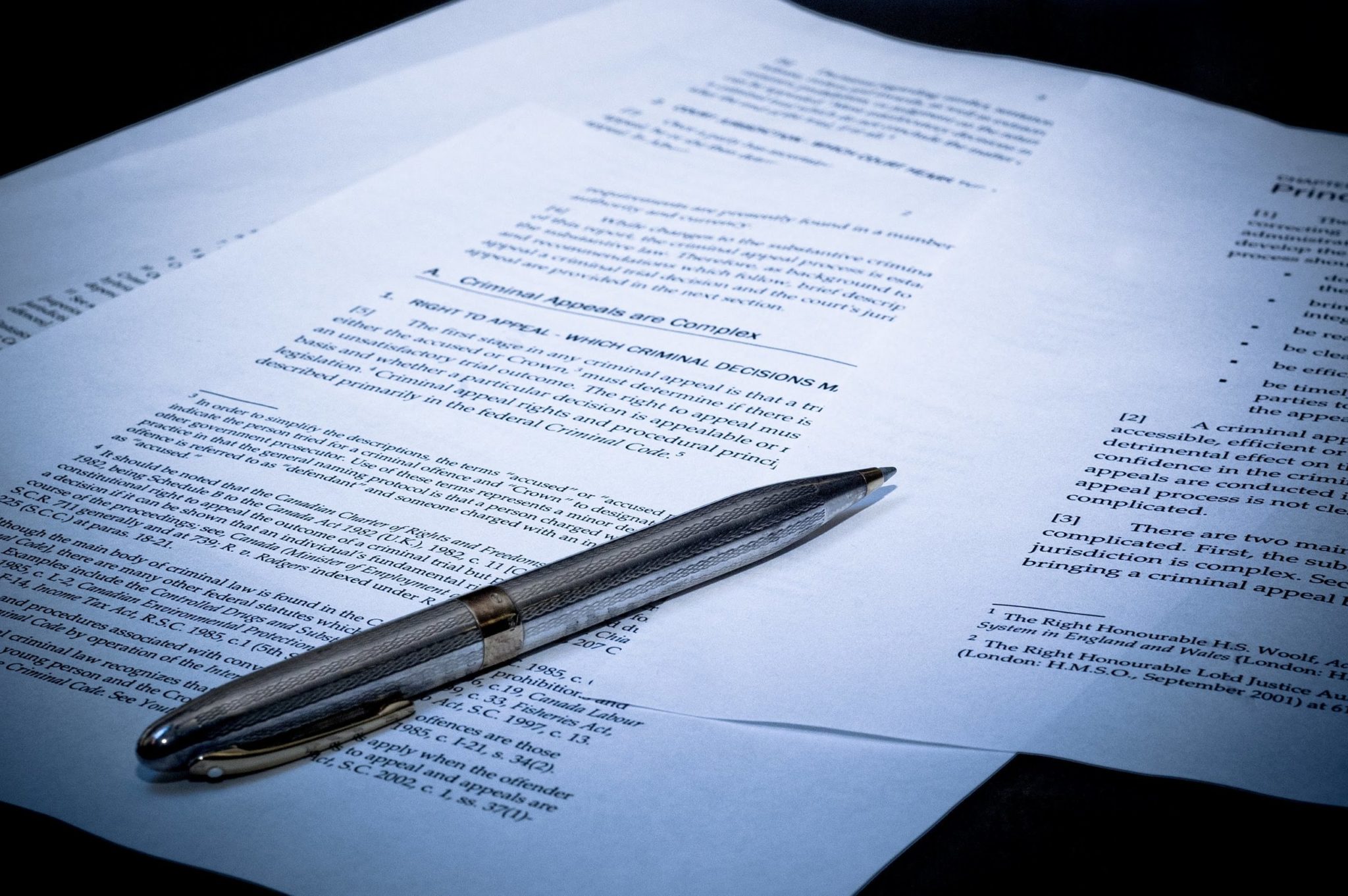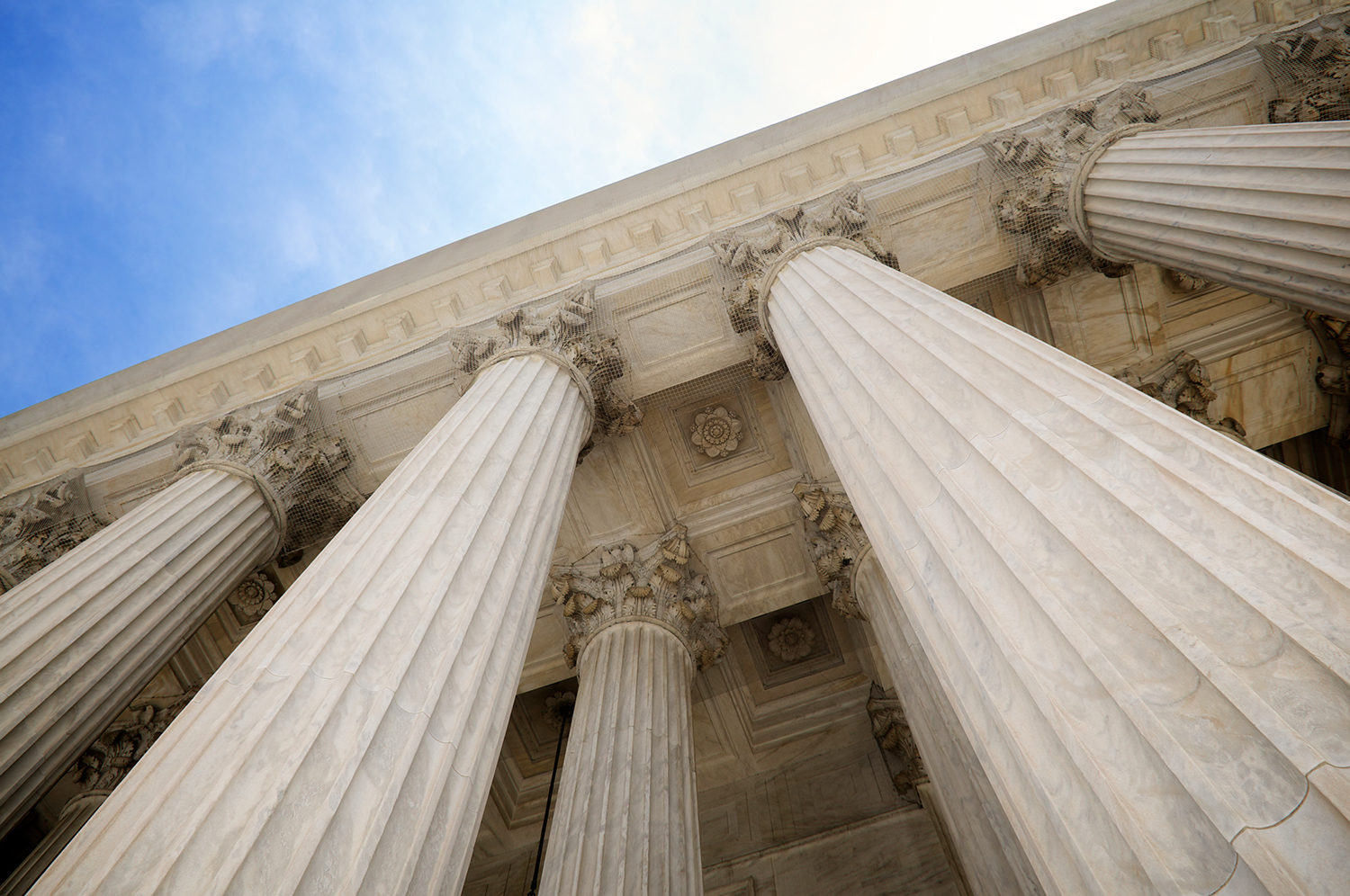Class Actions, Final Report 85
This report makes recommendations to reform the existing procedure for handling a class action and proposes that Alberta enact a modern class actions statute based on the Canadian model that has been enacted in Quebec, Ontario, and British Columbia. Primary recommendations would add a procedure to the existing procedural framework for handling litigation involving multiple plaintiffs having the same or similar claims against the same defendant. Ancillary recommendations would add a procedure for handling litigation [...]







